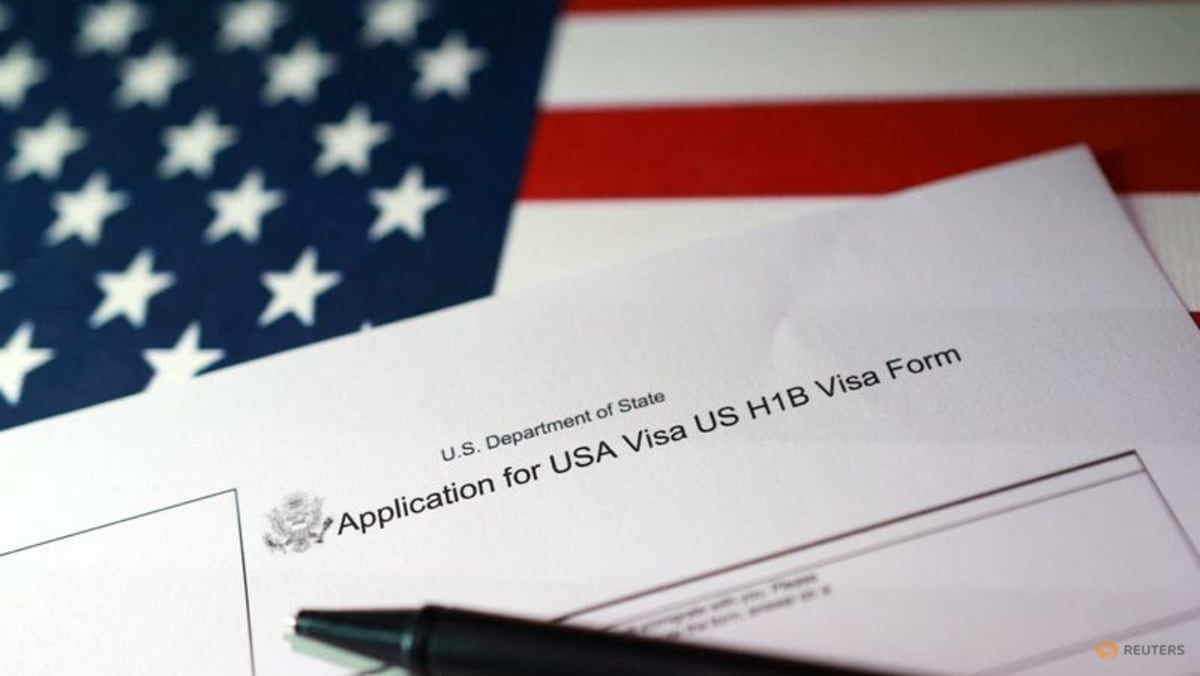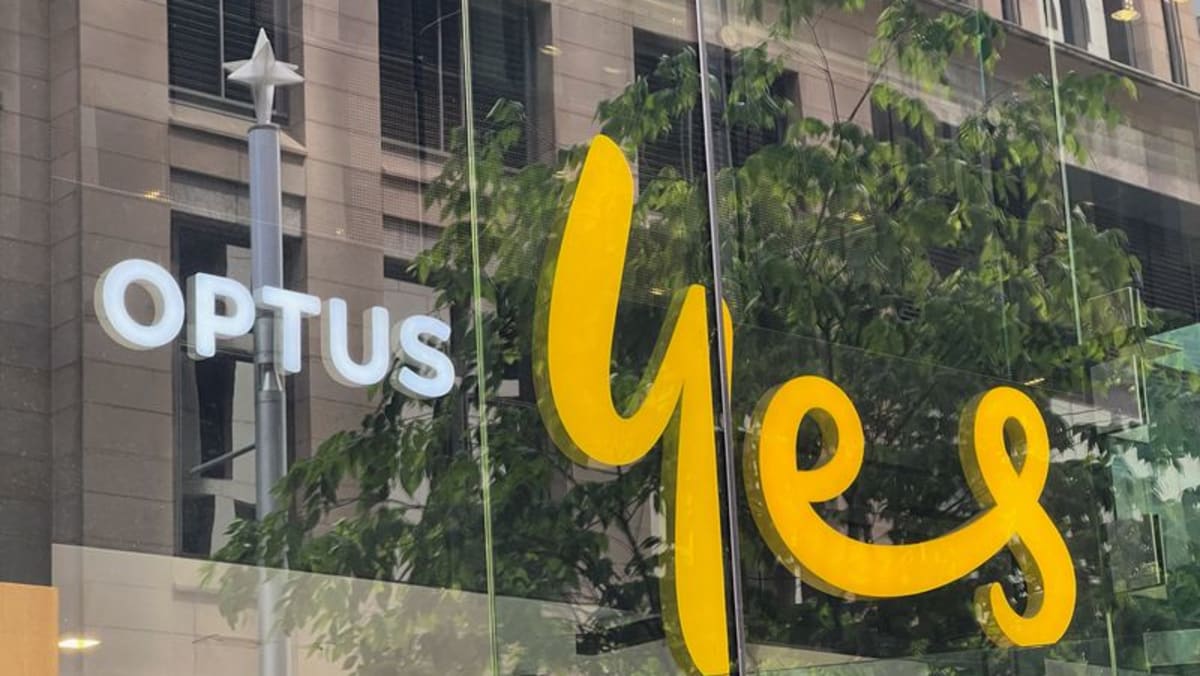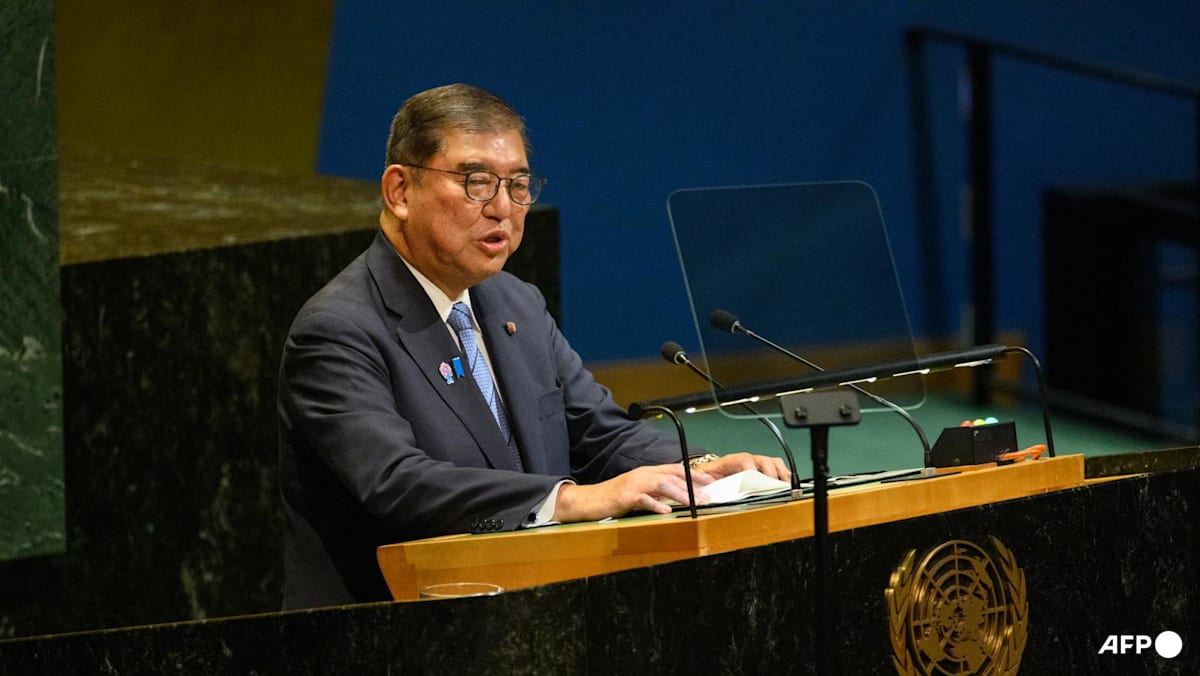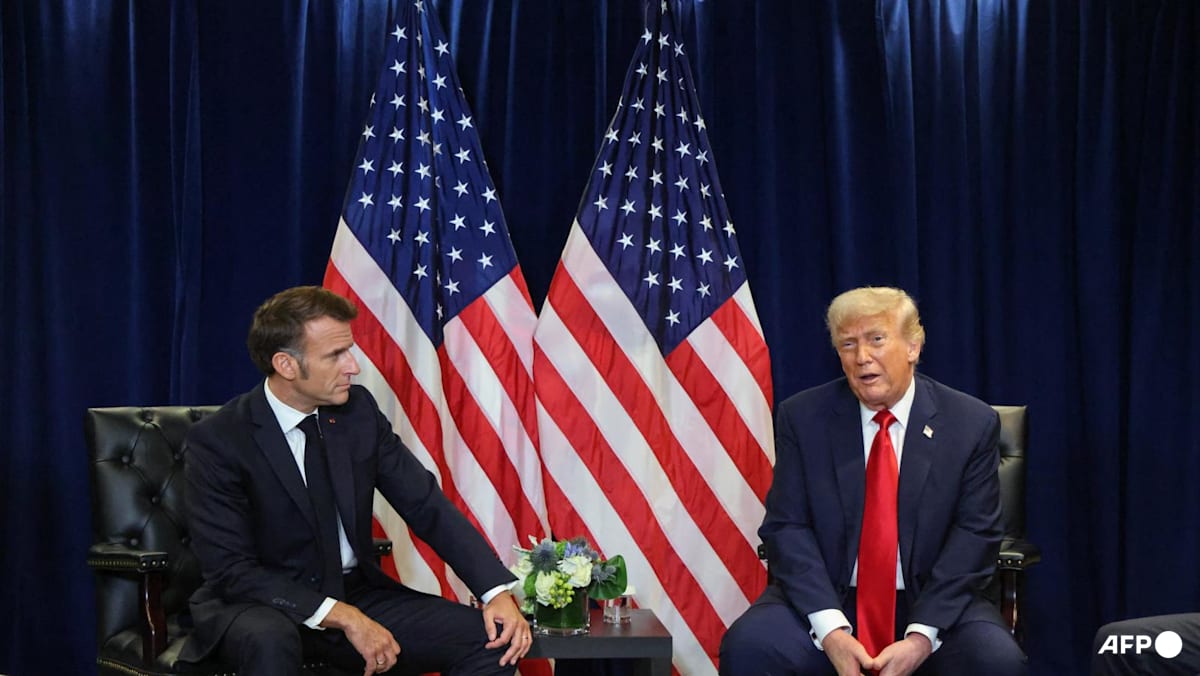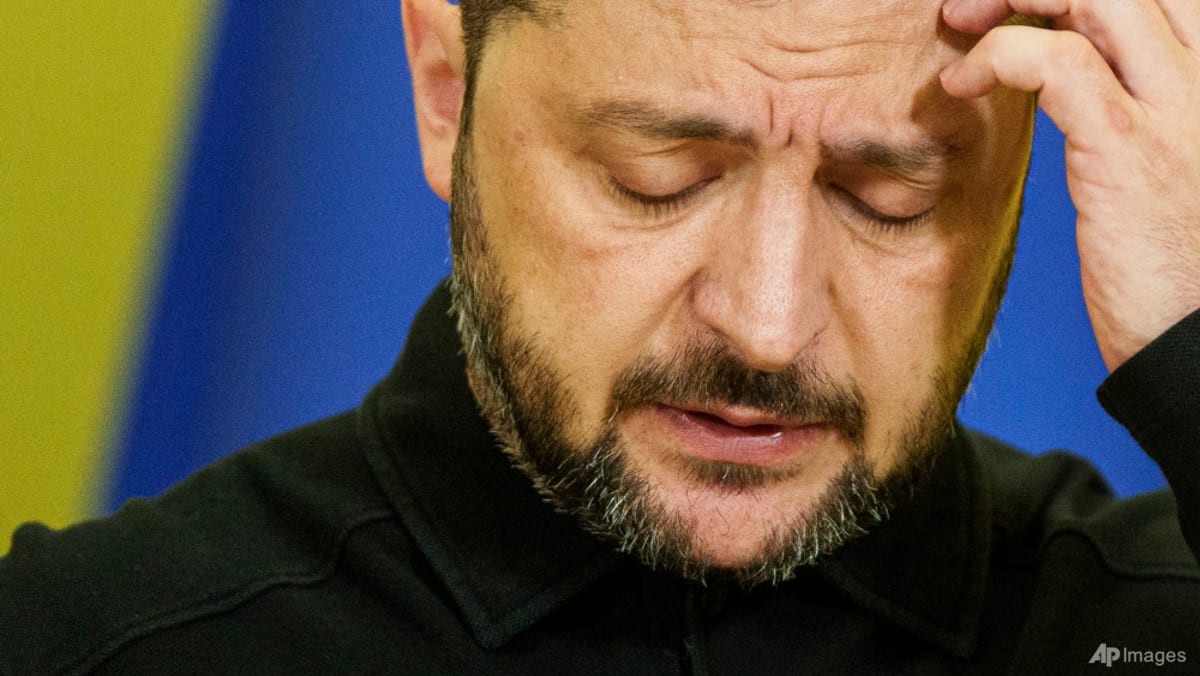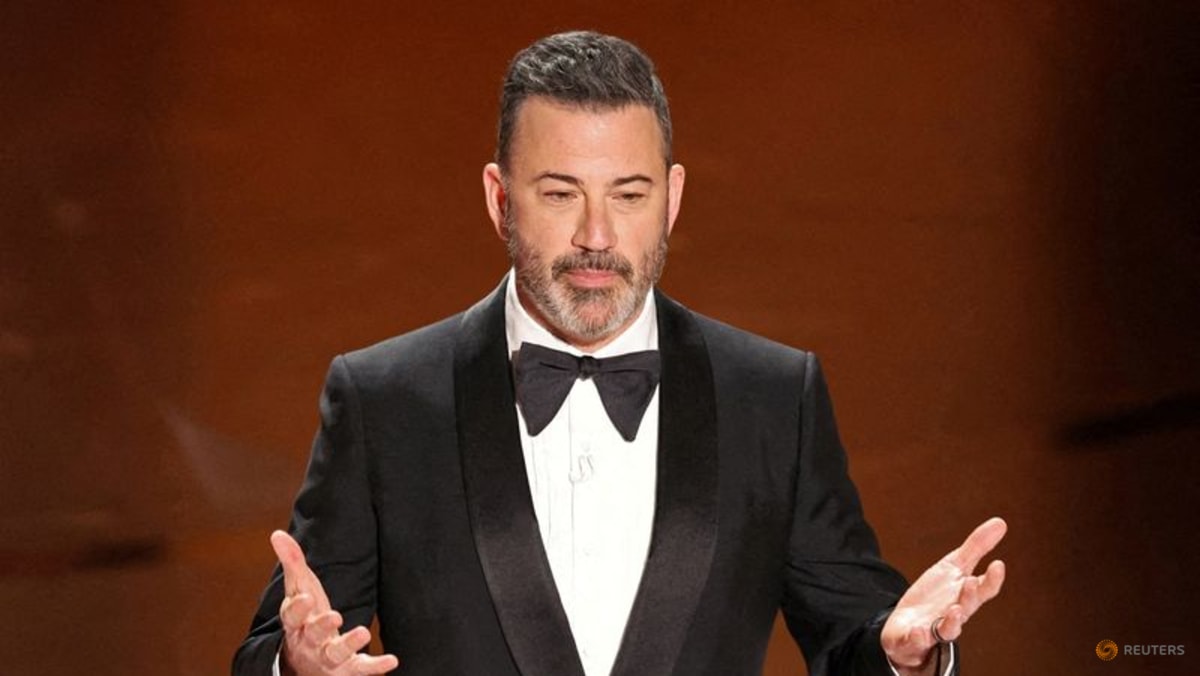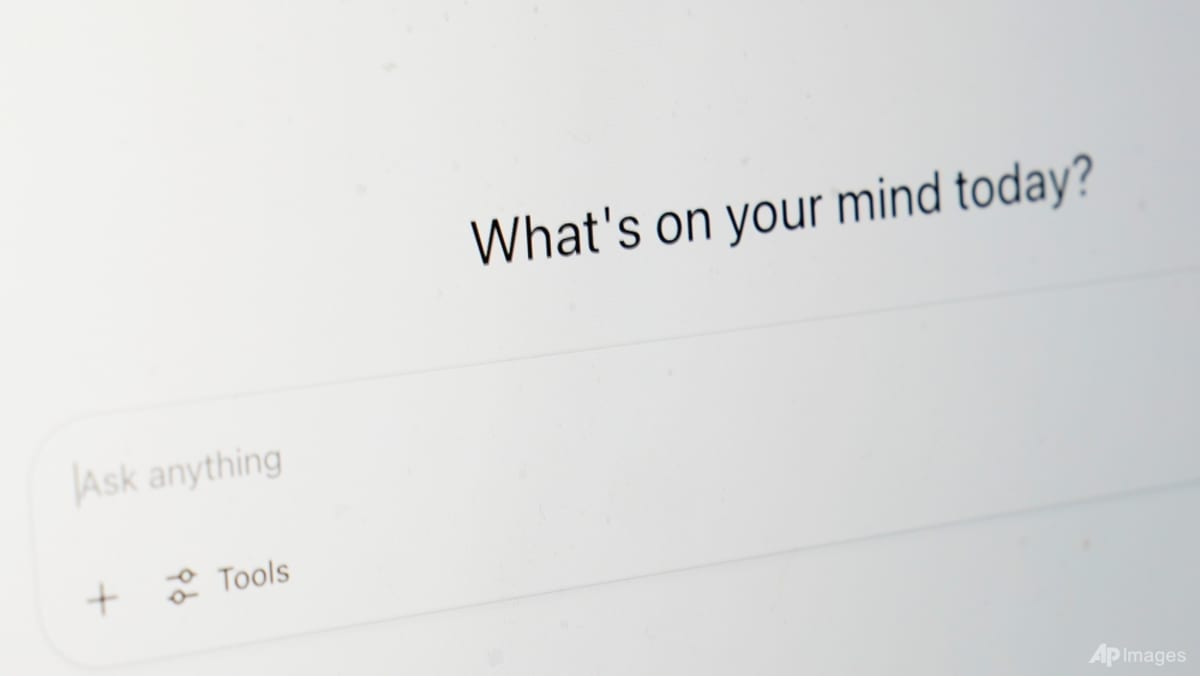WASHINGTON: The Trump administration released a proposal on Tuesday (Sep 23) that would rework the H-1B visa selection process to favour higher-skilled and better-paid workers, according to a related Federal Register notice, a move that follows a White House proclamation on Friday introducing a US$100,000 fee for the visas.
The new process, if finalised, would give heavier weight to applications by employers who pay high wages if annual requests for the visas exceed the statutory limit of 85,000, the notice said. The move aims to better protect Americans from unfair wage competition from foreign workers, it said.
President Donald Trump launched a wide-ranging immigration crackdown after taking office in January, including a push for mass deportations and trying to block citizenship for children of immigrants in the US illegally. In recent days, his administration intensified its focus on the H-1B program, popular with tech and outsourcing companies for hiring skilled foreign workers.
The Trump administration said on Friday it would ask companies to pay US$100,000 per year for H-1B visas. Some big tech companies warned visa holders to stay in the US or quickly return, sparking a chaotic scramble to get back to the US. The White House later clarified that the fee would apply only to new visas.
The planned regulation posted on Tuesday would change an existing lottery process to obtain the visas if demand surpasses supply in a given year, creating wage tiers where higher-paying jobs would have a better chance of being selected.
The process to finalise a regulation can take months or even years. The notice suggested that the new rules could be in place for the 2026 lottery, meaning before a March registration period.
Trump, a Republican, sought to reshape the H-1B process during his 2017-2021 presidency, but was stymied by federal courts and limited time at the end of his presidency.
A similar regulation that aimed to shift the lottery process toward higher-paid applicants was delayed by Trump’s Democratic predecessor, Joe Biden, before it could go into effect in March 2021. It was then blocked by a federal judge in September 2021 and withdrawn by the Biden administration three months later.





